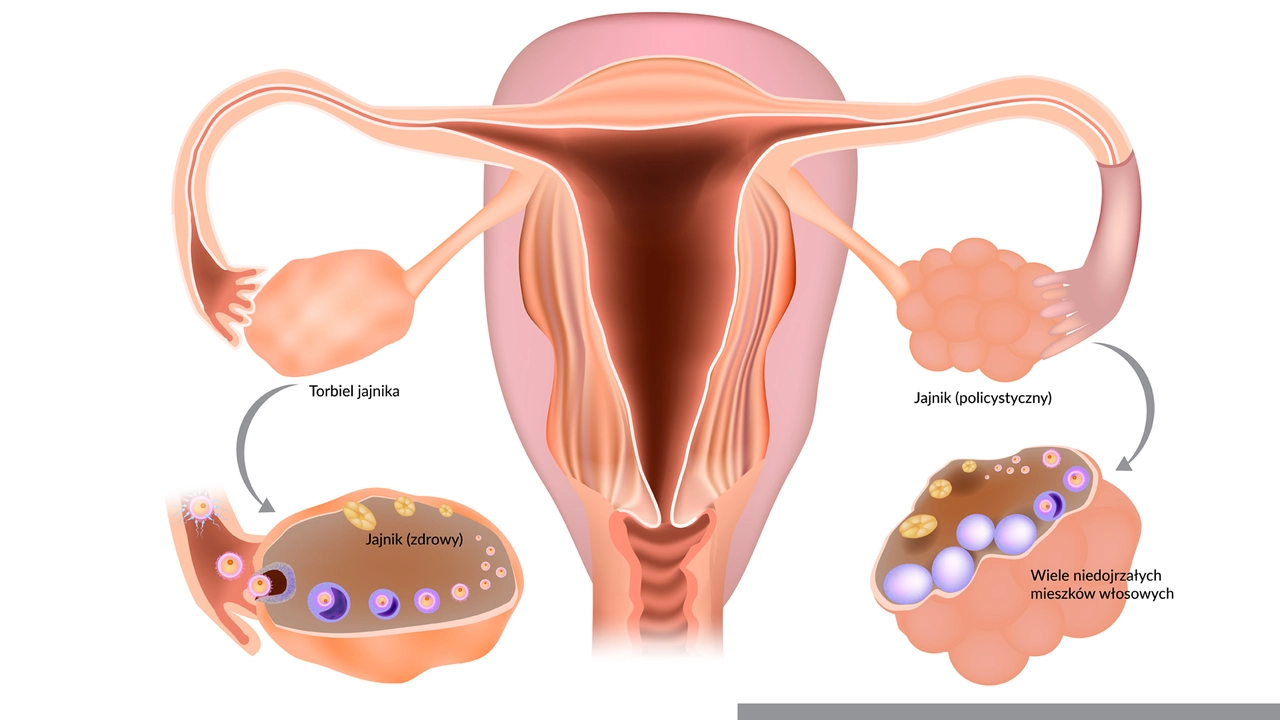PCOS Treatment Guide: Simple Steps You Can Try Today
If you’ve been told you have polycystic ovary syndrome (PCOS), the first thing to know is that there are real ways to manage it. You don’t need a magic pill – a mix of daily habits, smart food choices, and the right medication can make a big difference. Below you’ll find easy-to‑follow advice that fits most lifestyles.
Lifestyle Changes That Help
Exercise is more than just weight loss; it balances hormones too. Aim for at least 30 minutes of moderate activity, like brisk walking or cycling, five days a week. Even short bursts of movement break up long sitting periods and keep insulin levels steadier.
Food matters a lot. Focus on low‑glycemic carbs – think whole grains, beans, and most fruits – to avoid spikes in blood sugar. Pair proteins with every meal; eggs, fish, or tofu work well. Cutting back on sugary drinks and processed snacks can reduce inflammation that often worsens PCOS symptoms.
Sleep isn’t optional. Getting 7‑8 hours of quality rest each night helps regulate cortisol and insulin, both of which affect ovarian function. If you struggle with sleep, try a consistent bedtime routine and limit screens an hour before bed.
Medications & Supplements
When lifestyle tweaks aren’t enough, doctors often prescribe birth control pills to regularize periods and lower androgen levels. They’re a common first‑line option because they address both menstrual irregularities and excess hair growth.
If insulin resistance is a big issue, metformin can improve the body’s response to sugar and may help with weight management. Talk to your doctor about dosage and any side effects you should watch for.
Many women find benefit from supplements like inositol (myo‑inositol or D‑chiro‑inositol). Studies show it can improve ovulation rates and reduce hirsutism when taken consistently. Vitamin D, zinc, and omega‑3 fish oil are also worth considering because they support overall hormonal balance.
Remember, every PCOS case is unique. Keep a symptom diary – note changes in cycle length, skin condition, mood, and energy levels. Share this log with your healthcare provider to fine‑tune treatment plans quickly.
In short, tackling PCOS means mixing steady habits with medical help when needed. Start small: add a daily walk, swap sugary drinks for water, and schedule a chat with your doctor about possible meds or supplements. Consistency beats quick fixes, and you’ll likely see progress within weeks to months.


